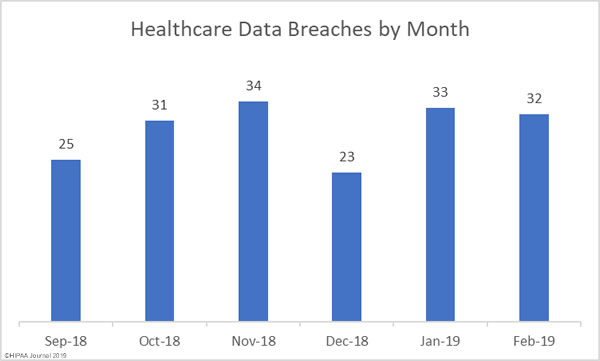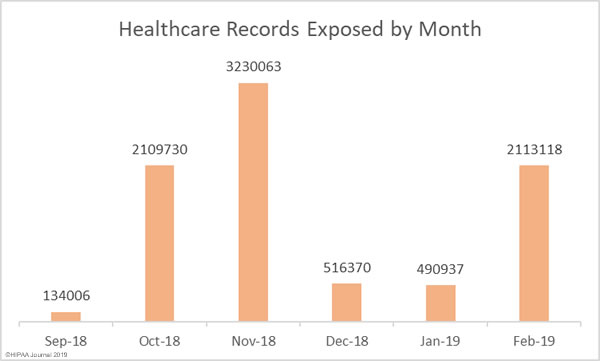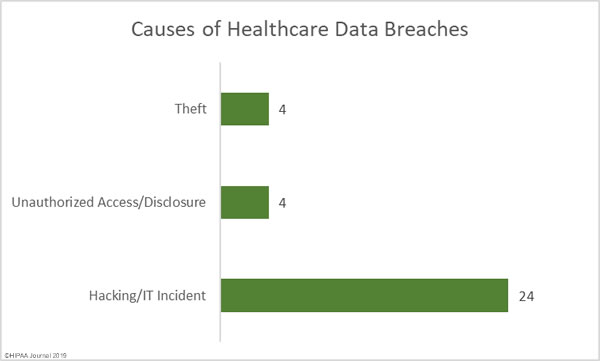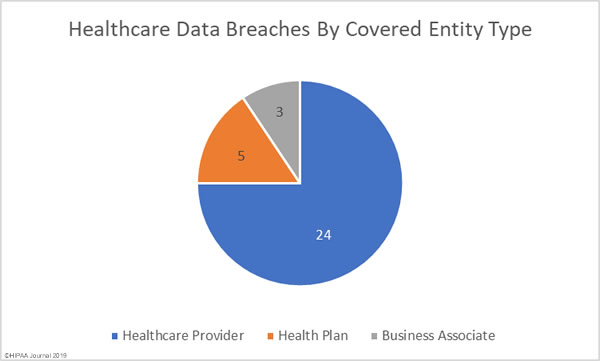A lawsuit has been filed against Sharp HealthCare and Sharp Grossmont Hospital which alleges the hospital secretly recorded video footage of female patients undressing and having gynaecological examinations performed.
According to the lawsuit, the hospital installed video cameras in three operating rooms as part of an internal investigation into the theft of the anaesthesia drug, propofol, from drug carts. The cameras were actively recording between July 17, 2012 and June 30, 2013 at its facility on Grossmont Center Drive in El Cajon, San Diego.
During the time that the cameras were recording 1,800 patients were filmed undergoing procedures such as hysterectomies, Caesarean births, dilation and curettage for miscarriages, and other surgical procedures. The motion-activated cameras had been installed on drug carts and continued to record even after motion had stopped.
A spokesperson for Sharp Grossmont Hospital confirmed that three cameras had been installed to ensure patient safety by determining the cause of missing drugs from the carts.
The lawsuit states that, “At times, defendants’ patients had their most sensitive genital areas visible.” The position of the laptop cameras was such that patients’ faces could be seen in the recordings and, as such, patients could be identified from the recordings.
The lawsuit alleges the video recordings could be accessed by multiple individuals including medical and non-medical staff and strangers via desktop computers. Controls had not been implemented to log which users had gained access to the video recordings or why the videos had been viewed.
The plaintiffs allege that many of the computers on which the videos were stored have since been replaced or refreshed and that Sharp has destroyed many of the videos; however, Sharp could not confirm whether those files were securely erased and if they could potentially be recovered.
The lawsuit was originally filed in 2016 but was denied class certification. The case has now been re-filed. 81 women who received surgical procedures in the operating rooms during the period in which the cameras were active have been included in the lawsuit and hundreds more women are expected to join.
The plaintiffs allege their privacy was violated as a result of the unlawful recording of video footage, there was a breach of fiduciary duty, negligent infliction of emotional distress, and that the failure to secure the video footage and ensure it was permanently destroyed amounts to gross negligence.
As a result of the actions of Sharp, “Plaintiffs suffered harm including, but not limited to, suffering, anguish, fright, horror, nervousness, grief, anxiety, worry, shock, humiliation, embarrassment, shame, mortification, hurt feelings, disappointment, depression and feelings of powerlessness,” states the lawsuit.
The plaintiffs are seeking a jury trial.
The post Lawsuit Alleges Sharp Grossmont Hospital Secretly Recorded Patients Having Gynecology Operations appeared first on HIPAA Journal.




